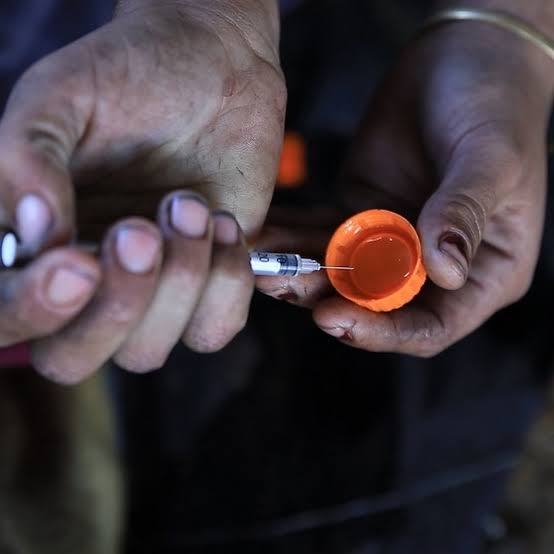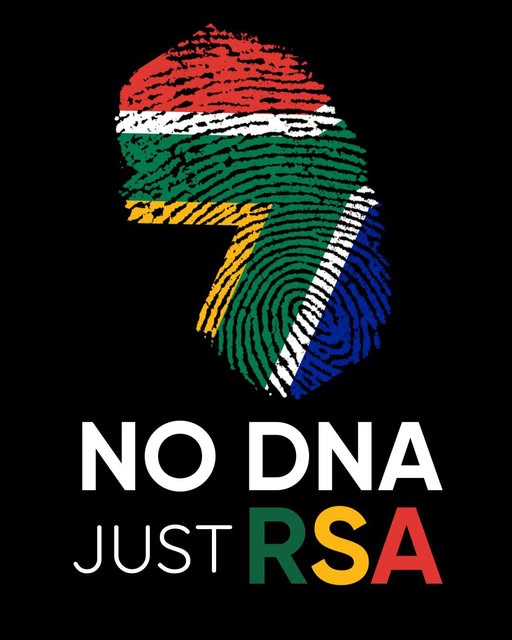

Executive director of Harm Reduction International, Shaun Shelly, worries that the widening gap between the haves and the have nots in the country demotivates young people, who eventually turn to substance abuse.
He is calling on the government to step up its efforts to combat drug usage among the country’s youth.
“The danger of ignoring the issue is to miss the real point of what is driving drug use in South Africa, which is the massive level of inequality and the marginalisation of the large portions of the population who do not get assistance with finding jobs. The youth of today are really despondent. They do not have much to look forward to,” adds Shelly.
He also calls for community-based support mechanisms to keep young people away from substance abuse.
“There is this narrative out there that you have to be a billionaire these days to be worth anything. That is absolutely not true. You have got to work with communities at community level to ensure that people have a sense of hope in the future,” says Shelly.
He was reflecting on International Day Against Drug Abuse and Illicit Trade, which was observed yesterday.
According to Stats SA, over 46% of young South Africans are without jobs – with SA’s 15 to 25 year-old age group experiencing the highest barriers – while the country’s income inequality is the highest in the world.
According to the anti-drug activist, the country’s porous borders are largely responsible for the continued unrestricted commerce of dangerous substances in the country.
“Where there is a demand, there is a supply. South Africa is now a member of the international community and our borders are feeling porous by necessity; so it’s very difficult to stop drugs coming into the country and where they are not coming in to the country, they become manufactured,” says Shelly.
He feels that because there is so much money involved and new means of trading drugs are continually emerging, stopping the trade will prove to be an enormous struggle.
“There is a large amount of money that is changing hands in particular, bribery and corruption are involved because people aren’t earning enough. People who wouldn’t usually sell drugs also end up doing it because they feel they do not have other choices to explore,” says Shelly.
He paints a picture of a commerce that is so deeply rooted that a complete value chain has been built around it, and people’s livelihoods are now dependent on it for their sustainability.
“We have got this value chain that is created and essentially a multi-level scheme that scores of people in the country depend on. There is a massive demand for drugs among people because they have learnt to cope with issues in their lives using them even though they know that it can a have negative impact on them in the long term,” explains Shelly.
According to him, the prevalence of drug usage has led to users losing sight of the importance of their health.
“In the absence of help and medical attention, many abusers of drugs suffer from sepsis, and abscess when they inject drugs into their systems. Some experience heart related diseases. They also lose their will to find other ways of coping with life issues and feel like often those ways are not available to them,” says the anti-drug abuse.
Shelly suggests that the issue of psychosocial displacement should be addressed.
He emphasises the importance of instilling a feeling of pride in citizens as well as hope for a better future, stating that even individuals from impoverished backgrounds serve an important role in society.
“We need to make sure that people are involved and included economically and socially within communities,” remarks Shelly. Written by Odirile Rabolao
Written by: Lindiwe Mabena
Similar posts
Current show
Upcoming shows

The Global Experience with Just Mo
2:00 pm - 6:00 pm

Sundaze with Fif_Laaa
6:00 pm - 10:00 pm

Savage Nights with Thabo X and Shamiso
10:00 pm - 12:00 am

Playground
12:00 am - 5:00 am

The Way Up with Nia Brown and Okay Wasabi
5:00 am - 9:00 am
Latest posts
COPYRIGHT 2023







